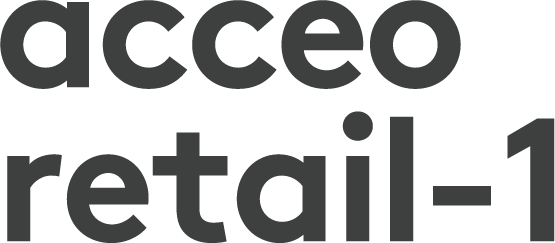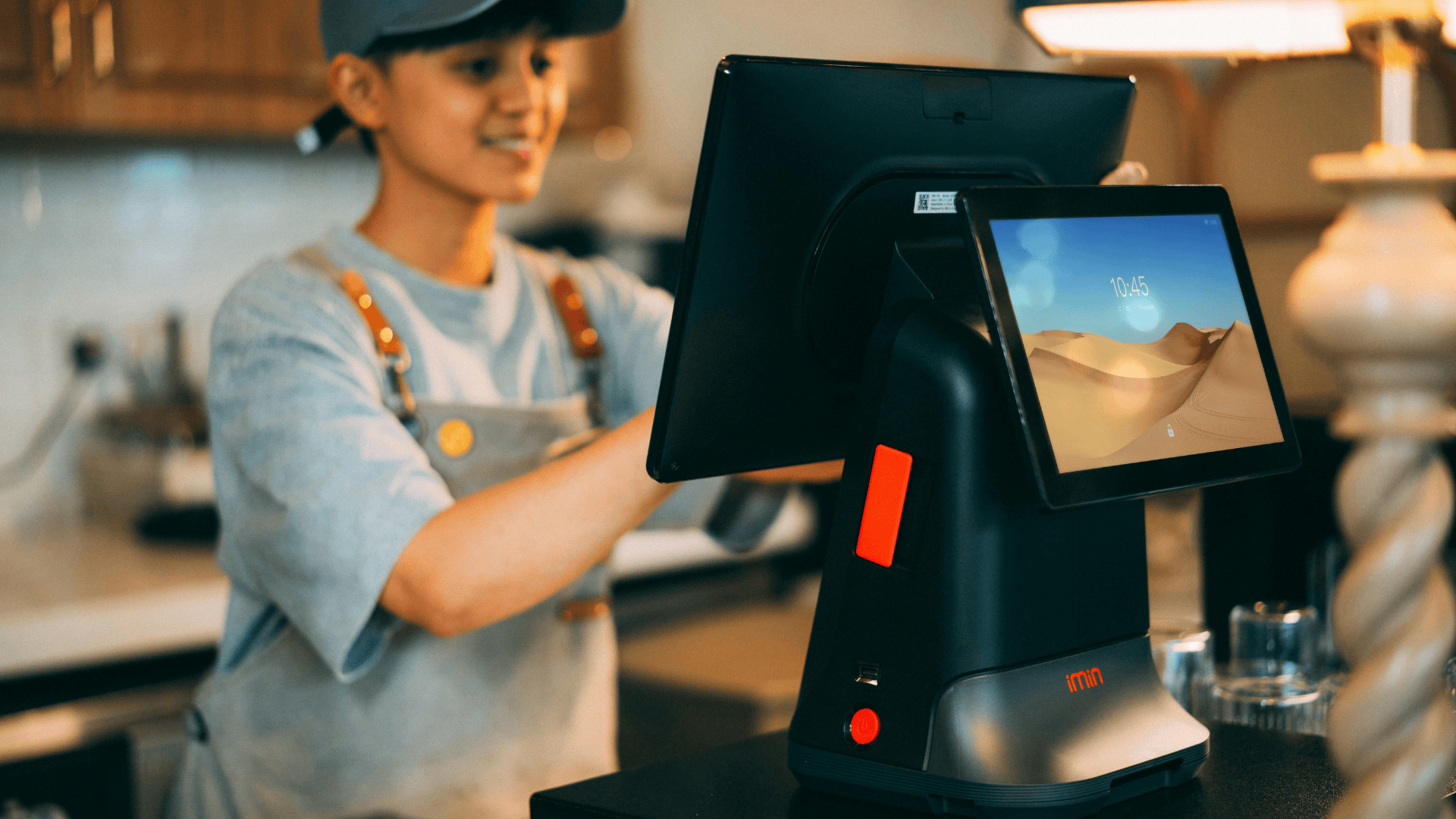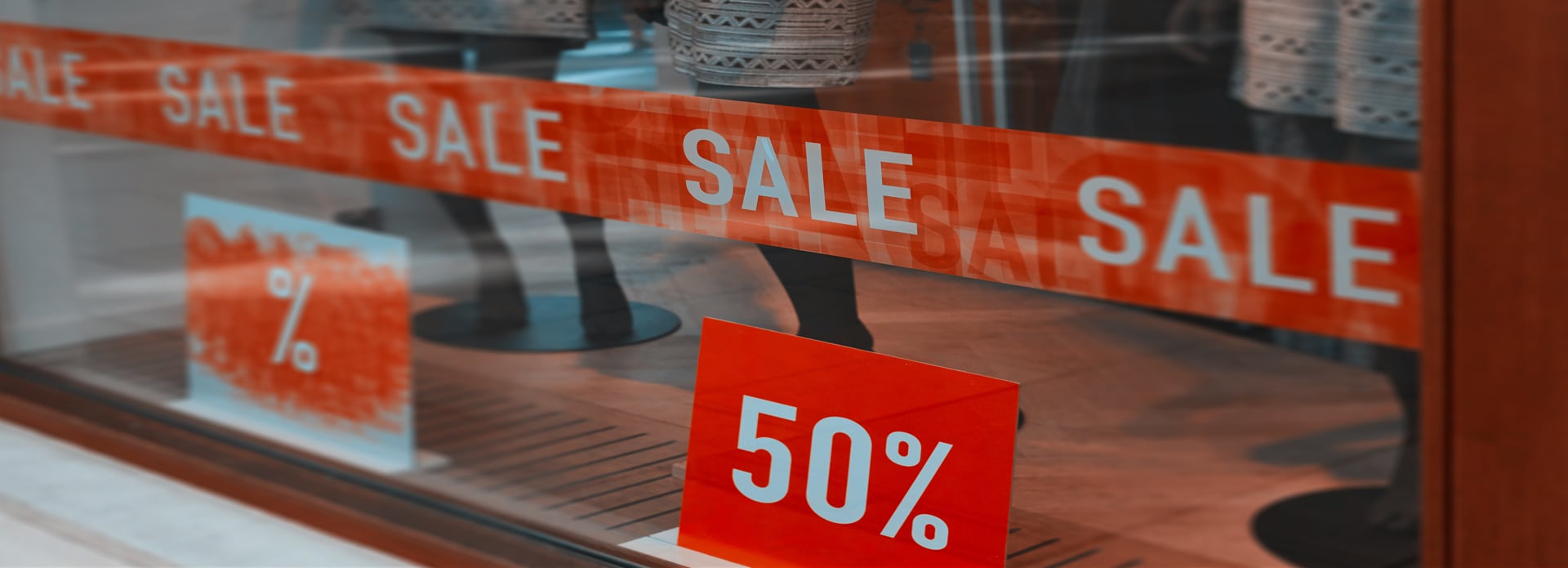The Current State of Sustainability in Retail

Consumers today, especially key demographics like Gen Z and Millennials, are ever more environmentally conscious. They expect brands to take tangible measures to offer ethically sourced, manufactured, and packaged products.
How can retailers stay focused on the customers who make their business a success, and maintain profits while trying to find ways to address the challenges that sustainable operations present?
There is no doubt that retailers what to support their customers’ socially responsible expectations. The challenge is to find ways to balance the demands of an ever-evolving global retail market and the potential impact of their supply chain on the planet.
What retailers are doing right now
Retailers have, for the most part, have taken a global view on how they do business. The gap between in-store and online commerce is continually narrowing with consumer options like try-before-you-buy and BOPIS.
It’s time to adopt the same approach with inventory. Retailers are increasingly using global inventory management systems that consolidate online and in-store stock. This global inventory strategy offers more efficient tracking stock movement, improved ability to move stock between stores, and avoids overstocking.
The question of inventory takes on a sustainable dimension because socially conscious customers are quite vigilant about retailers and brands that maintain unsustainable amounts of inventory—which they then have to destroy to guard against counterfeiting or the secondary market.
By leveraging a global inventory management system, retailers can balance the balance consumer expectations of ethical sustainable practices while avoiding disappointing their customers with out-of-stock situations.
Supply chain link to the circular economy
We can’t talk about inventory without considering the supply chain. Consumer buying decisions are increasingly based on where products are sourced, how materials are harvested, and the way items are used, reused and recycled.
As such, the retail supply chain must focus on responsible procurement, sustainable sourcing. The retail commerce can also include more efforts in the area of reusing and recycling and repurposing through all the stages of the product’s life cycle.
Retailers can develop initiatives individually or collaboratively with other brands or organizations that allow consumers to participate in their environmentally responsible initiatives. These can take the form of with programs that encourage returning old or used products for repurposing, donation or redistribution to reduce what goes into landfills.
Corporate Social Responsibility (CSR)
In a retail environment driven by ever-changing customer demands, short-term trends, growing competition, and quarterly profits, taking the long view can be a challenge.
Corporate Social Responsibility initiatives can allow retailers to enact positive change while creating a purpose-driven brand for their business. Consumers, particularly customers in key demographics, identify with authentic and clearly defined efforts by retailers to reduce their environmental impact.
Connecting with consumers over shared ethical and environmental causes creates strong customer loyalty, which may result in increased sales. Additionally, CSR can potentially benefit brand recognition, product differentiation and business reputation.
Efforts across the board
Retail leaders are becoming increasingly aware that the sustainability reaches beyond industry trends and niche segments—it cuts across the board.
Businesses that operate in an environment where sustainability and social corporate responsibility are part of the culture, are more likely to maintain these initiatives over time, and build their customer following based on the authenticity of their efforts.
Supporting CSR – Learn how Retail-1 software supports retailers to achieve a more sustainable retail business.
Related posts
Discover what makes us different.
Book your personalized demo today and find out why leading retailers are finding success with Retail-1.
Call us at 1 888-353-5888 or fill out the form to schedule a demo with our experts.






